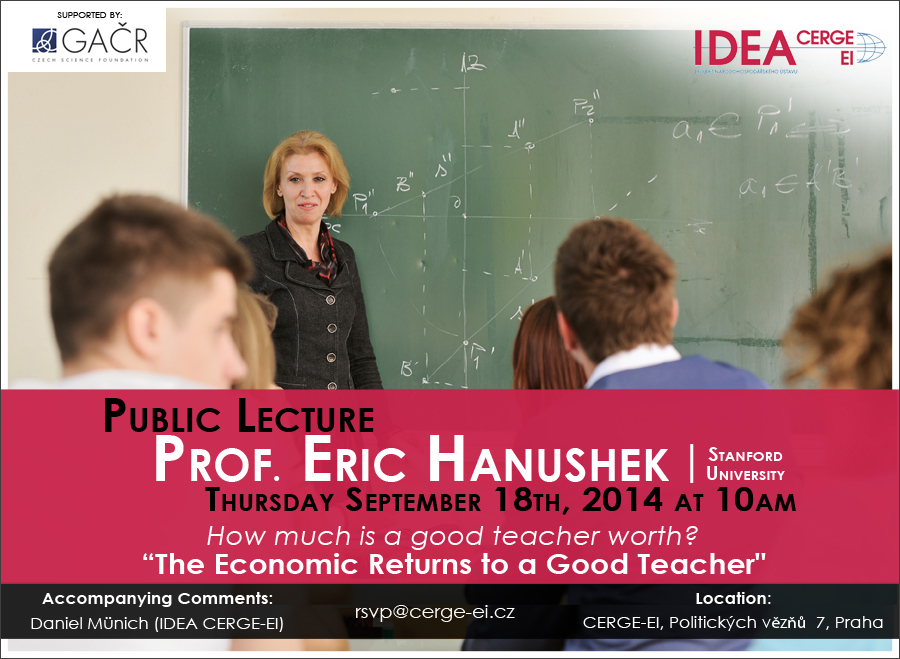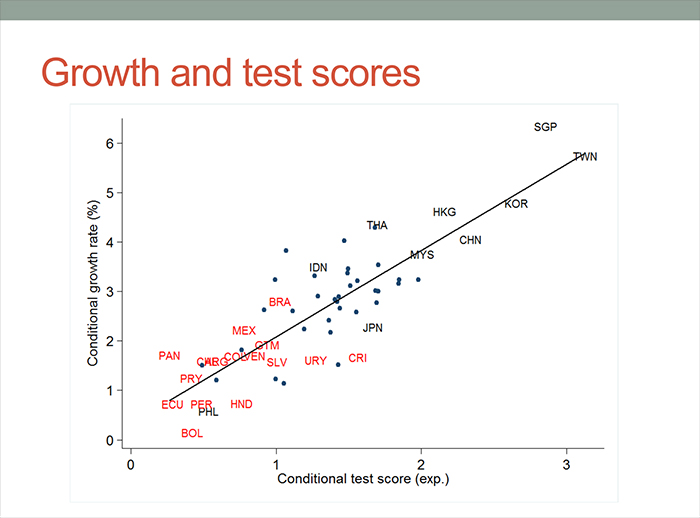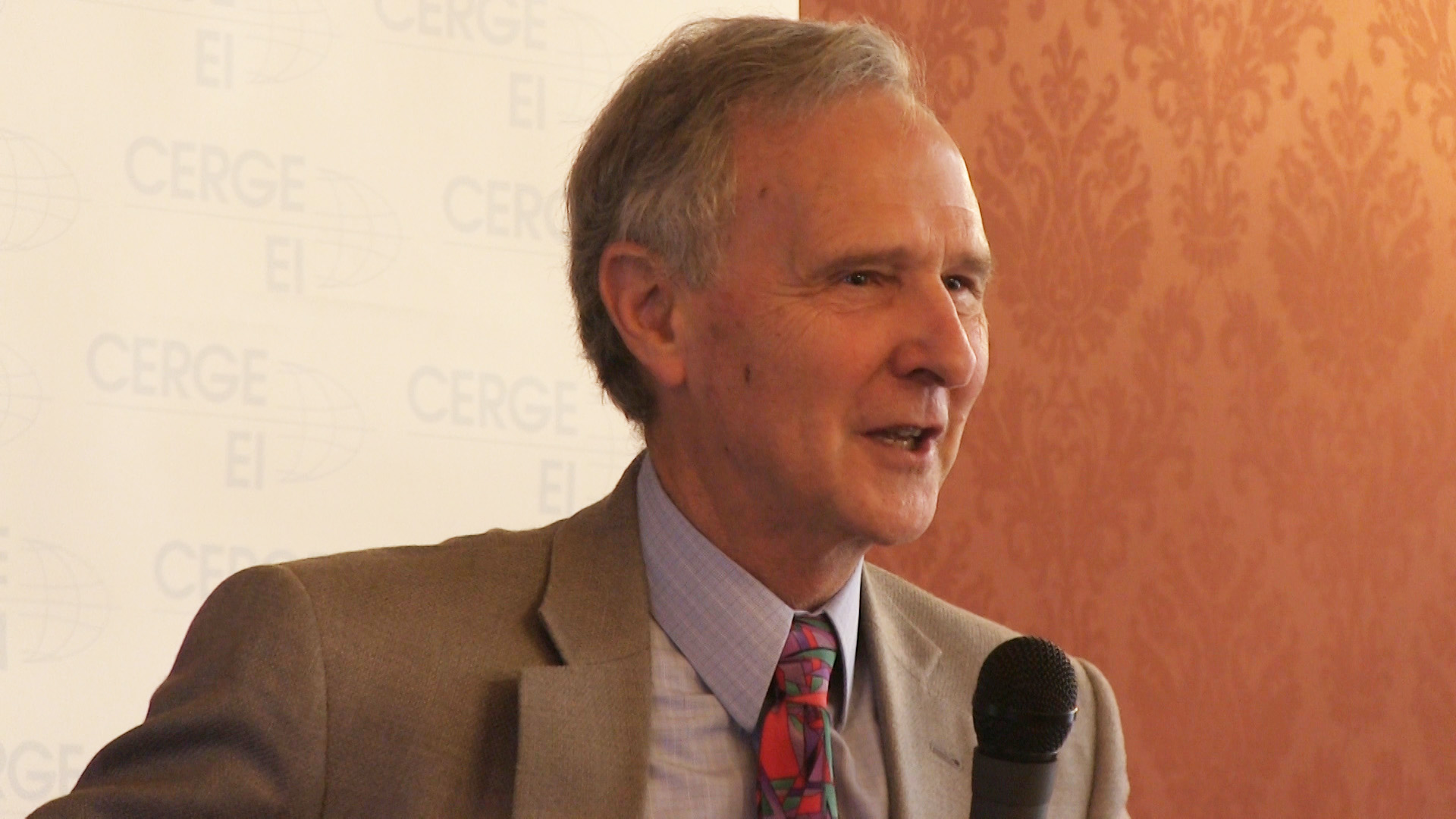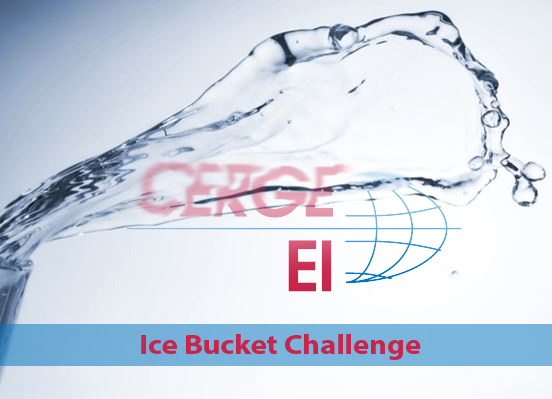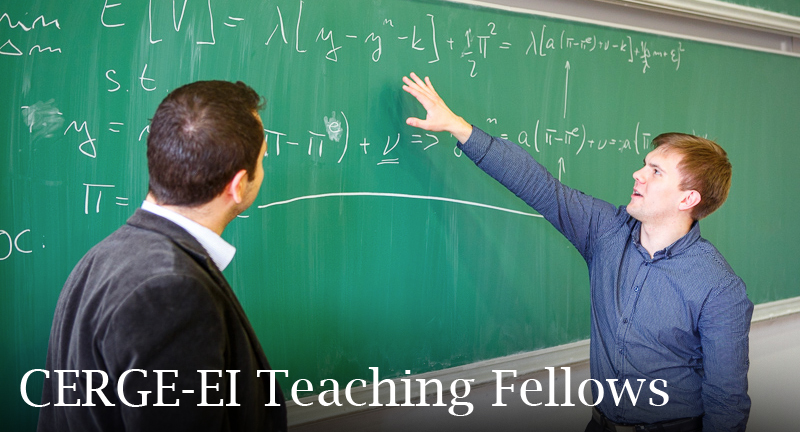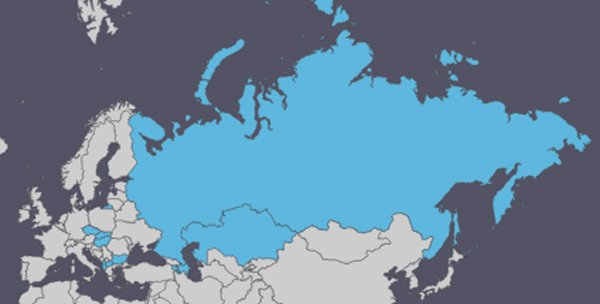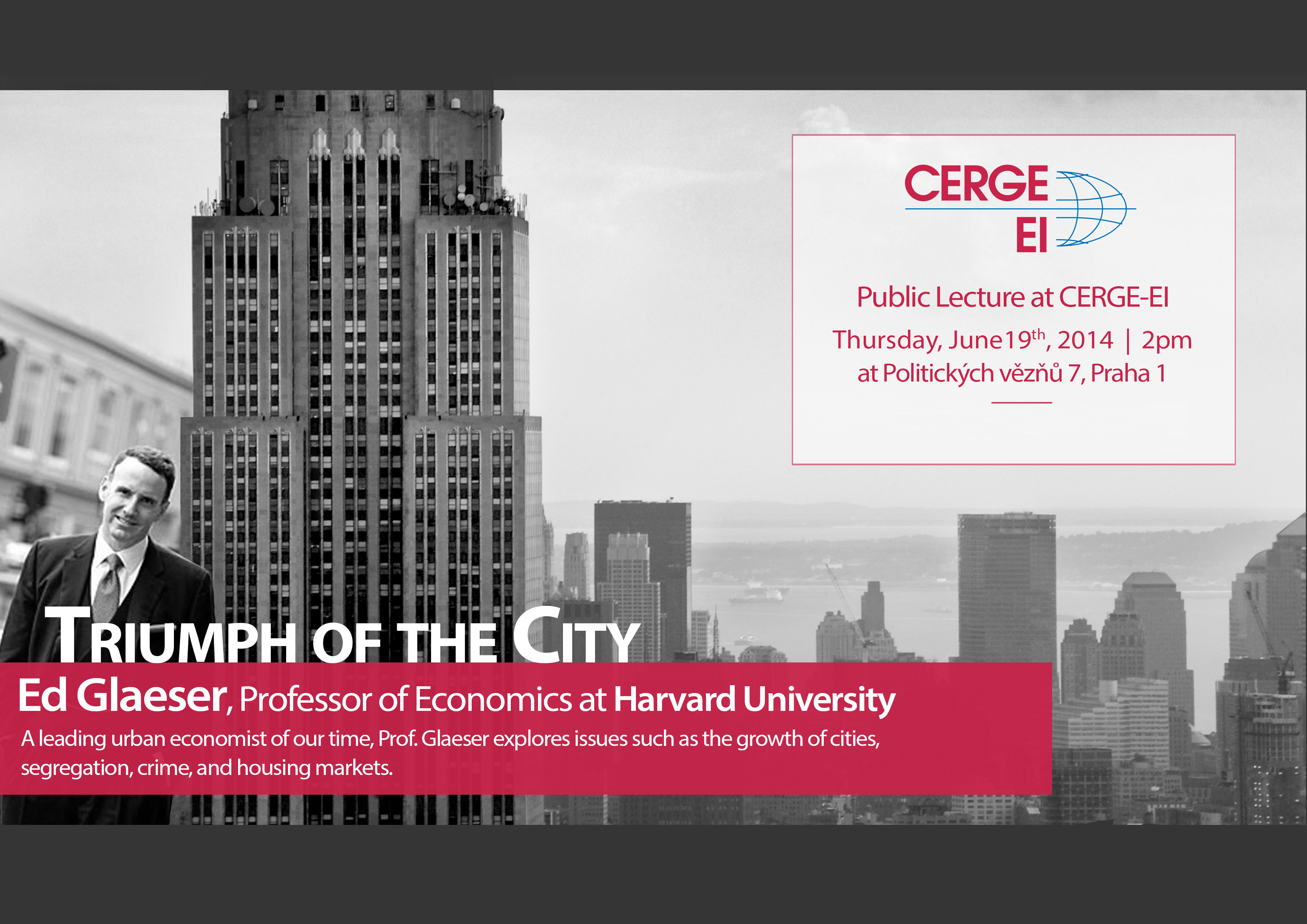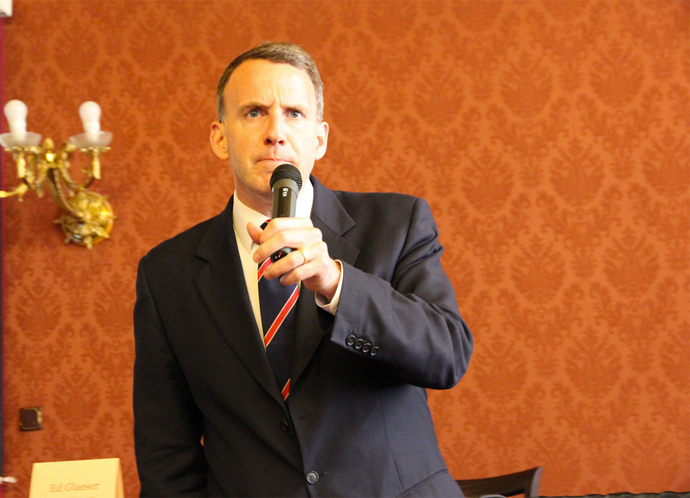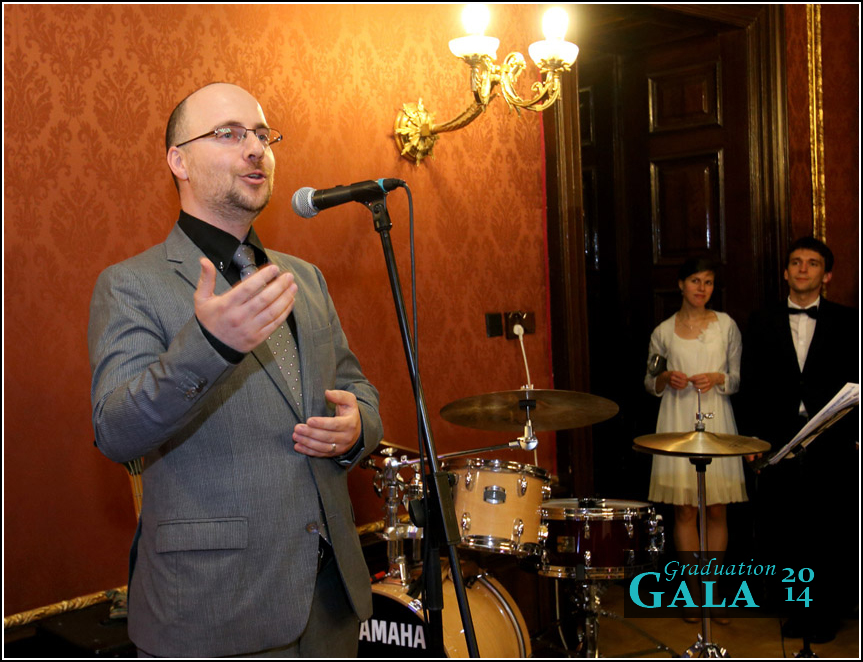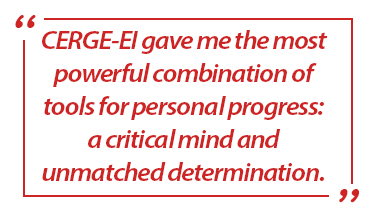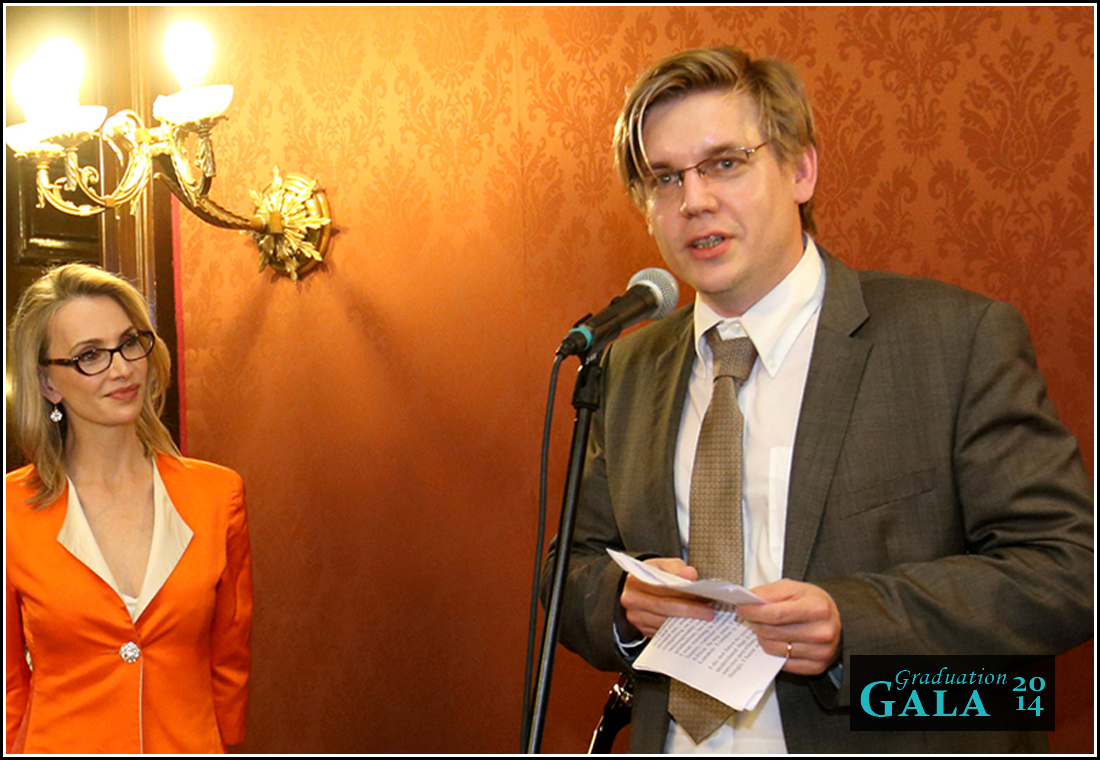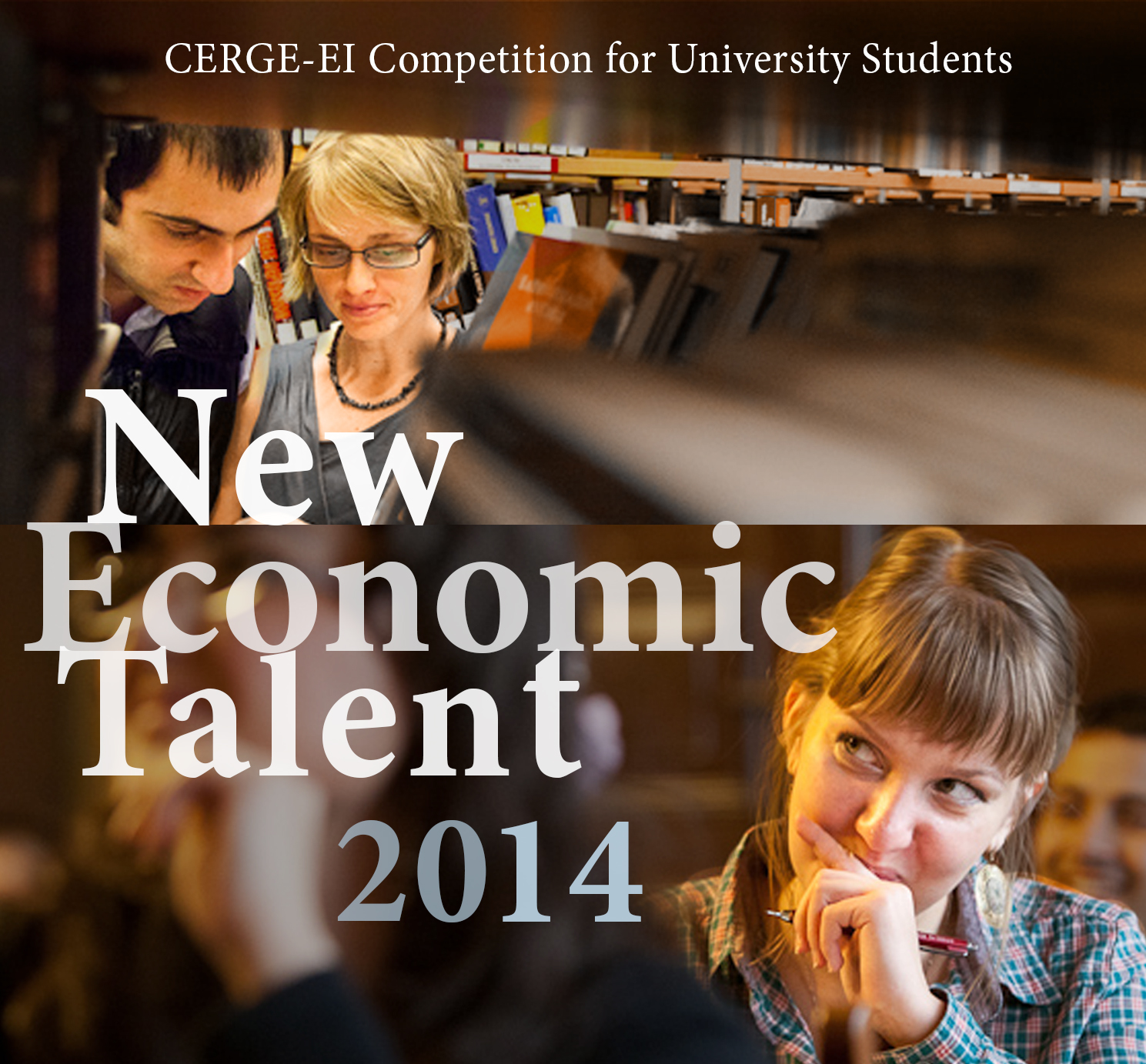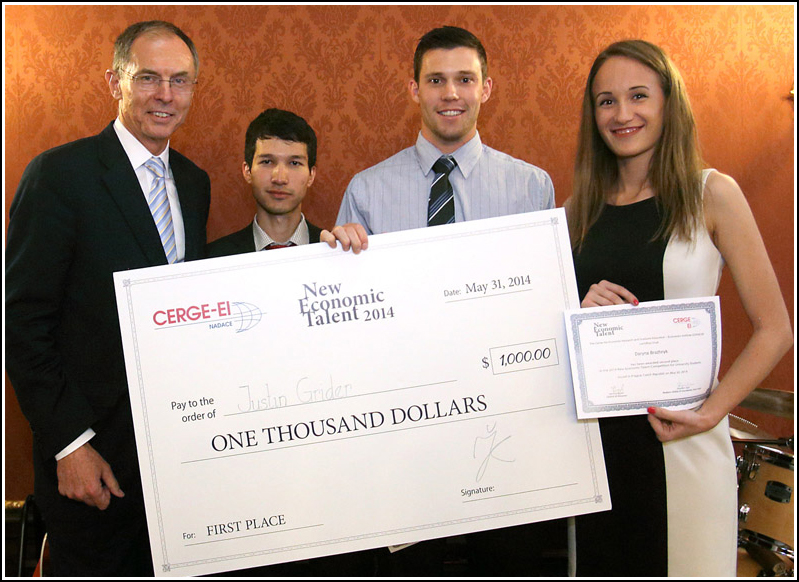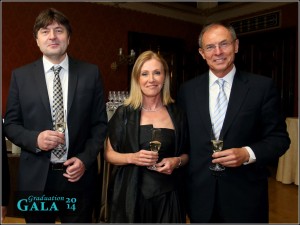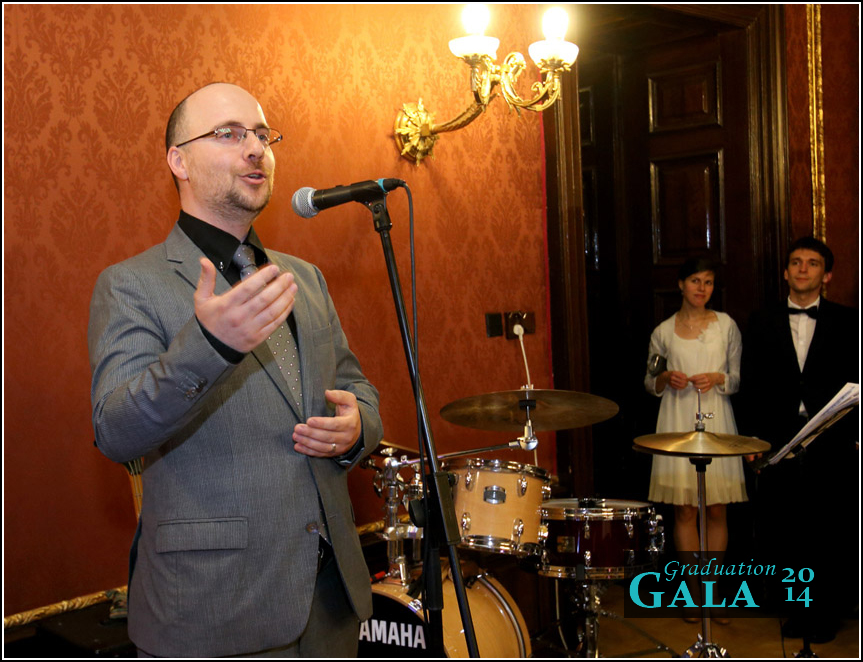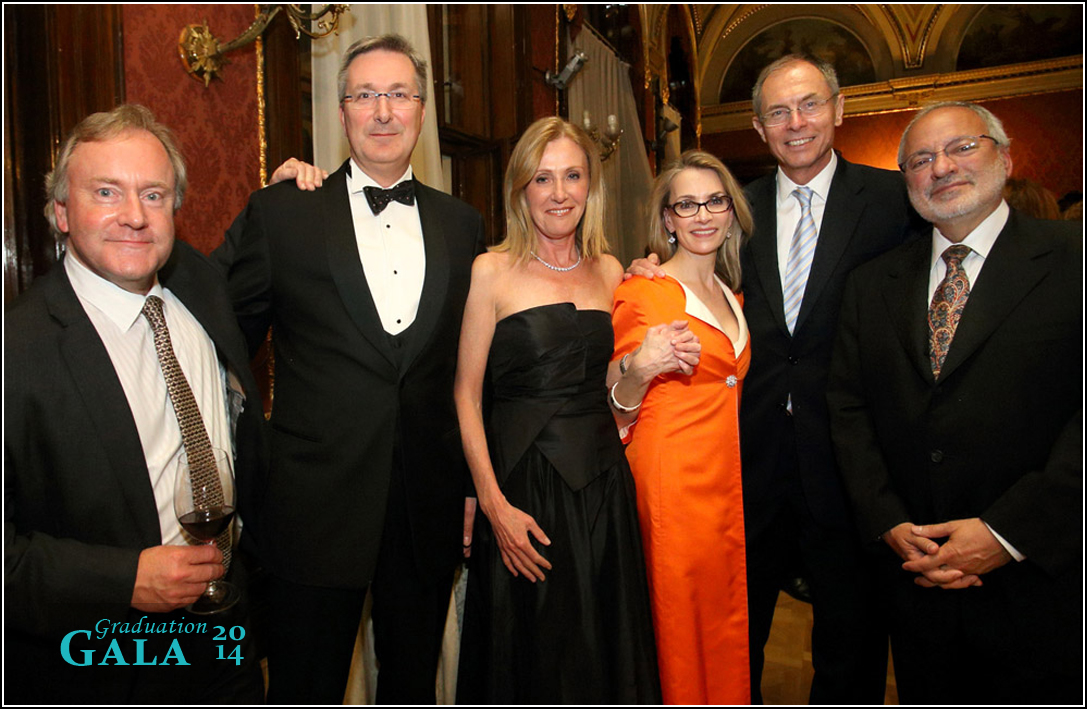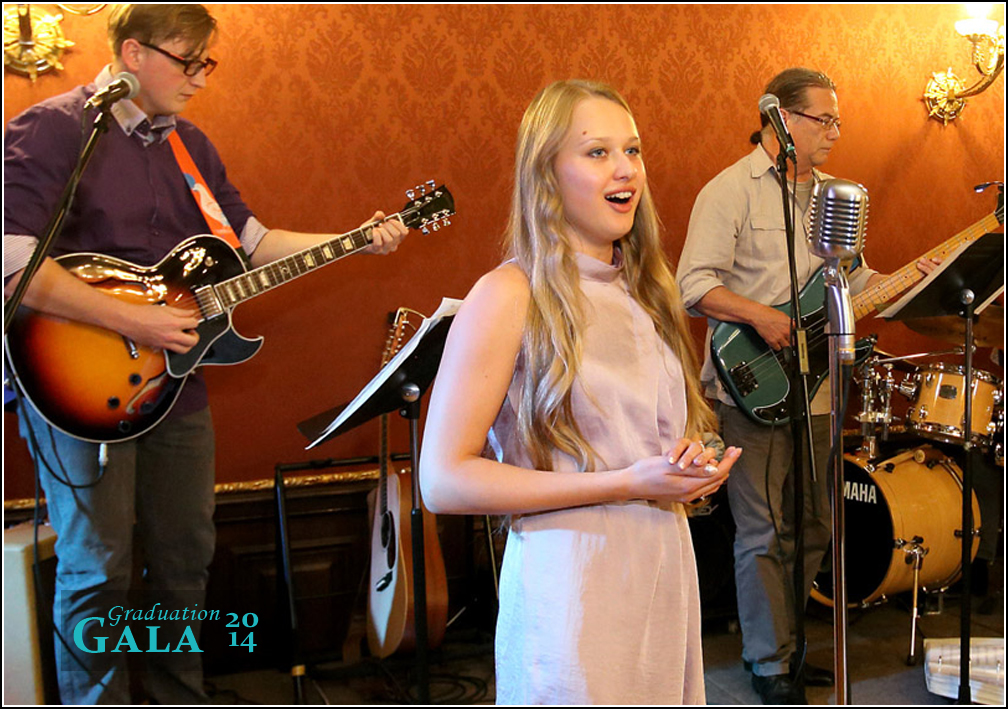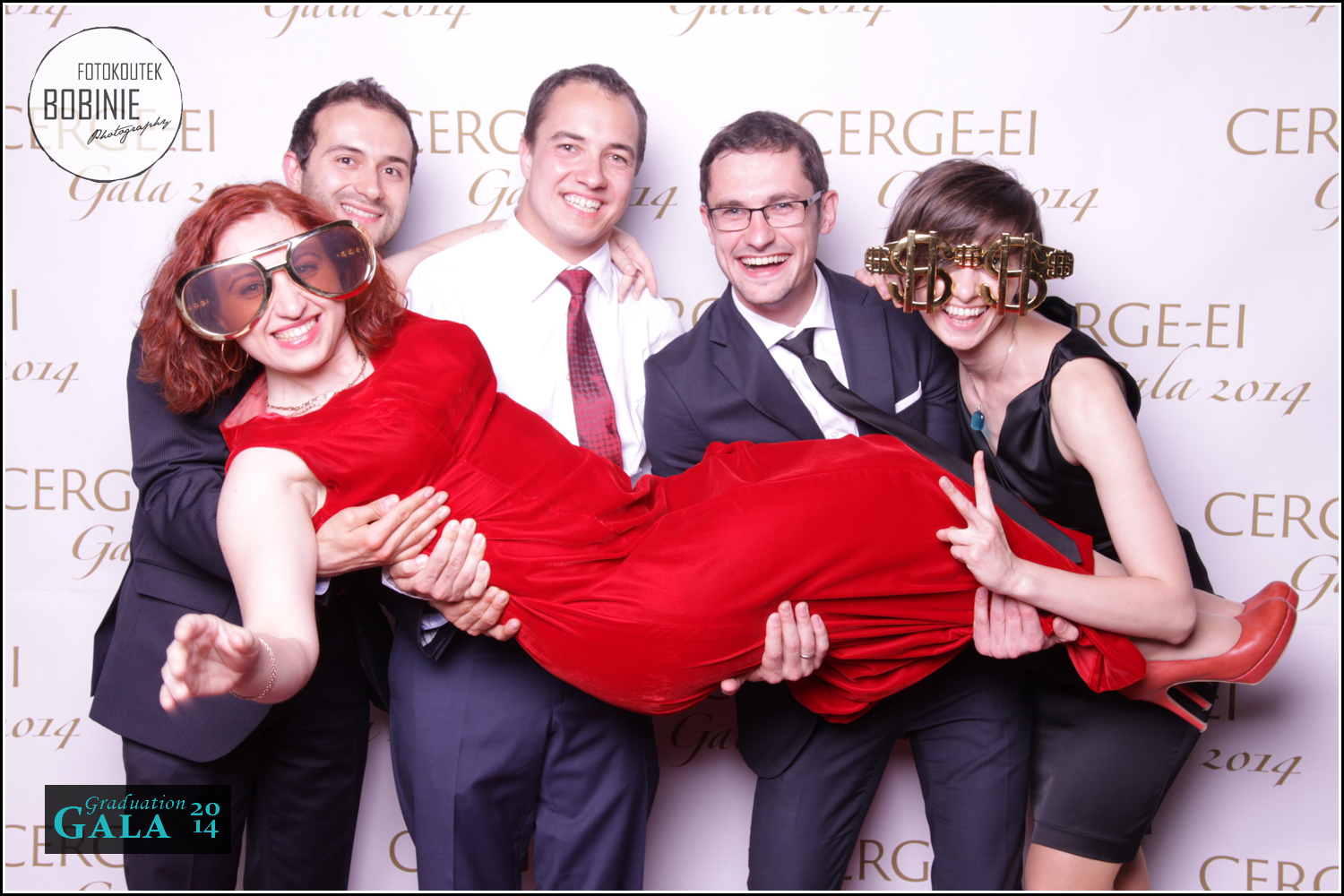“Economic growth is a function of education, period.” During his public lecture at CERGE-EI, Professor Eric Hanushek emphasized the enormous impact that human capital (i.e. education) has on long-term economic development. A renowned scholar in educational research, Professor Hanushek (Stanford University) used this link between education and development to make a compelling argument for improving the quality of instructors.
Prof. Hanushek began his lecture from a distance and gradually brought the audience ‘closer to earth.’ From the furthest vantage point, he established the unambiguous link between economic growth and test scores (i.e. what students know). A graph plotting test scores and economic growth revealed a nearly perfect correlation for a wide sample of countries over the past five decades. To Prof. Hanushek, the data screams loud and clear that imparting knowledge and skills through the educational system is the most potent means by which countries successfully grow.
Unfortunately, raising test scores is not so simple. Students may be required to attend school, and governments spend a great deal to make this happen, but merely sitting in a classroom with a teacher is not enough to guarantee meaningful learning. The question, then, is how to ensure that students learn while they sit in those classrooms.
According to Prof. Hanushek, research on student achievement has identified that good teachers play the essential role. In economic terms, how much can a good teacher contribute to economic growth? He showed that a top teacher with a class of 30 students will boost the cumulative lifetime income of that classroom group by over $800,000. Of course the inverse of this relationship also exists: lousy instruction from the worst teachers will damage their students’ earnings by a similar magnitude.
Removing the worst teachers and replacing them with average ones could contribute to large gains in test scores—and as Hanushek already demonstrated, higher test scores should directly contribute to long-term economic growth. Analyzing the Czech Republic and making conservative assumptions about teacher quality, he showed that removing the bottom 5% of teachers and replacing them with average instructors could lift the country’s test scores to the level of Finland. This in turn would add 110 trillion euros to the Czech Republic’s GDP over the next 80 years (in present value worth).
Considering the enormous impact that good teachers can have on student achievement and economic growth, the focus on improving teacher quality should be paramount. Unfortunately, solutions to improve teacher quality are often misguided and ineffective.
Rather than focus on a teacher’s educational credentials, experience, or training, Prof. Hanushek proposed solutions that work with incentives and focus on outcomes. He suggested methodically measuring testing outcomes and rewarding teachers for achieving defined objectives. He was also dismissive of those who see technology as a silver bullet. Accountability and performance rewards can be far more effective than giving students iPads.
Check out the full lecture below:
